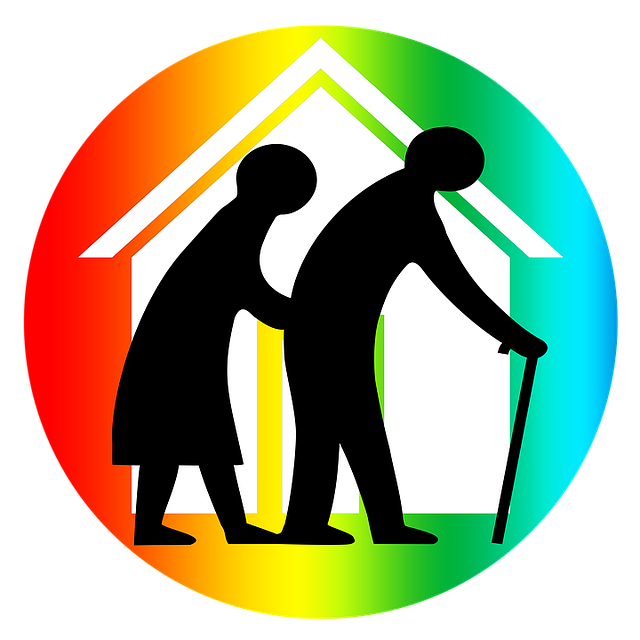In rural Connecticut, stigma and cultural norms create a culture of silence around sexual assault, deterring survivors from seeking justice. Elderly sexual assault lawyers CT play a vital role by challenging myths, educating communities, empathizing with survivors, and advocating for accessible support systems tailored to the unique needs of rural areas. Overcoming barriers requires targeted interventions, increased public education, and improved legal services to ensure all survivors receive protection and support, regardless of their background or location.
Sexual assault in rural Connecticut communities often goes underreported due to a complex interplay of stigma, limited resources, and criminal justice system challenges. This article delves into the unique barriers faced by victims in these areas, exploring cultural taboos and misconceptions that discourage reporting. We discuss the lack of specialized support services and transportation hurdles, as well as jurisdictional issues within the criminal justice system. Furthermore, it highlights the specific vulnerabilities of elderly victims and advocates for increased training among local authorities, emphasizing the crucial role of elderly sexual assault lawyers in Connecticut.
Stigma and Misconceptions in Rural Communities

In rural Connecticut communities, discussing sexual assault often comes with a heavy veil of stigma and misconceptions. The close-knit nature of these areas can create an atmosphere where survivors feel ashamed and afraid to speak out, fearing judgment from their neighbors or community leaders. This reluctance is further compounded by deeply rooted cultural beliefs and stereotypes that perpetuate the myth that sexual assault is rarely, if ever, a problem in tranquil, rural settings. As a result, many cases go unreported, leaving potential perpetrators free to exploit the gaps in understanding and protection.
Elderly sexual assault lawyers CT often encounter clients who have faced these challenges head-on. They know that breaking down these barriers requires education, empathy, and accessible support systems. By advocating for survivors and dispelling myths, these legal professionals play a crucial role in fostering a more informed and supportive environment where rural Connecticut communities can confront the reality of sexual assault and ensure better protection for all individuals, regardless of age or background.
– Exploring the cultural and social barriers that discourage victims from coming forward.

In rural Connecticut communities, cultural and social norms can create significant barriers for survivors of sexual assault to seek justice. The tight-knit nature of these communities often leads to a culture of silence, where victims may fear judgment or ostracism from their peers if they decide to come forward. This hesitance is further compounded by the stigma surrounding sexual violence, which can make it difficult for survivors to acknowledge and report the trauma they’ve experienced. Elderly sexual assault lawyers in CT often encounter cases where the victim’s shame or concern for their reputation prevents them from reporting the crime, leading to a high rate of underreporting.
The lack of resources and support services tailored to rural areas also plays a role. Survivors in these communities might face challenges in accessing confidential counseling, legal aid, and safe housing options, which can discourage them from pressing charges. Additionally, limited awareness about available support networks and the complexities of the legal process may contribute to victims’ reluctance to come forward. These factors underscore the need for targeted interventions, increased public education, and improved access to services tailored to address the unique challenges faced by sexual assault survivors in rural Connecticut.
– How local beliefs and taboos impact the reporting of sexual assault cases.

In rural Connecticut communities, local beliefs and taboos deeply influence the reporting of sexual assault cases. Strong cultural norms often discourage victims from speaking up, emphasizing privacy and avoiding scandal. The close-knit nature of these communities can make victims fear judgment or ostracism from their peers and families. This culture of silence is further compounded by a lack of awareness about available resources and legal protections, such as those provided by experienced elderly sexual assault lawyers CT.
Many rural residents may not be fully informed about the legal rights and support systems in place to assist survivors. Misconceptions about sexual assault, including questions of consent and the credibility of victims, contribute to a climate where reporting is deterred. Overcoming these barriers requires targeted educational efforts and increased accessibility to specialized legal services, like those offered by elderly sexual assault lawyers CT, to ensure that all survivors, regardless of their background or location, receive the justice and support they deserve.
Lack of Access to Resources and Support Services

In rural Connecticut communities, survivors of sexual assault often face significant barriers due to a lack of access to specialized resources and support services. The remoteness of these areas can make it challenging for victims to reach out for help, as they may not be aware of existing programs or feel hesitant to seek assistance due to stigma and fear of judgment from tight-knit community networks. This isolation can prolong the time between the assault and reporting, leading to potential delays in justice and healing processes.
Furthermore, elderly survivors in particular may encounter additional obstacles when trying to access legal aid and support. Elderly sexual assault lawyers in CT play a crucial role in advocating for these vulnerable individuals, offering guidance tailored to their unique needs. However, the lack of visibility and specialized services can make it difficult for older victims to connect with such professionals, exacerbating the challenges they face in reporting and pursuing justice for their trauma.






